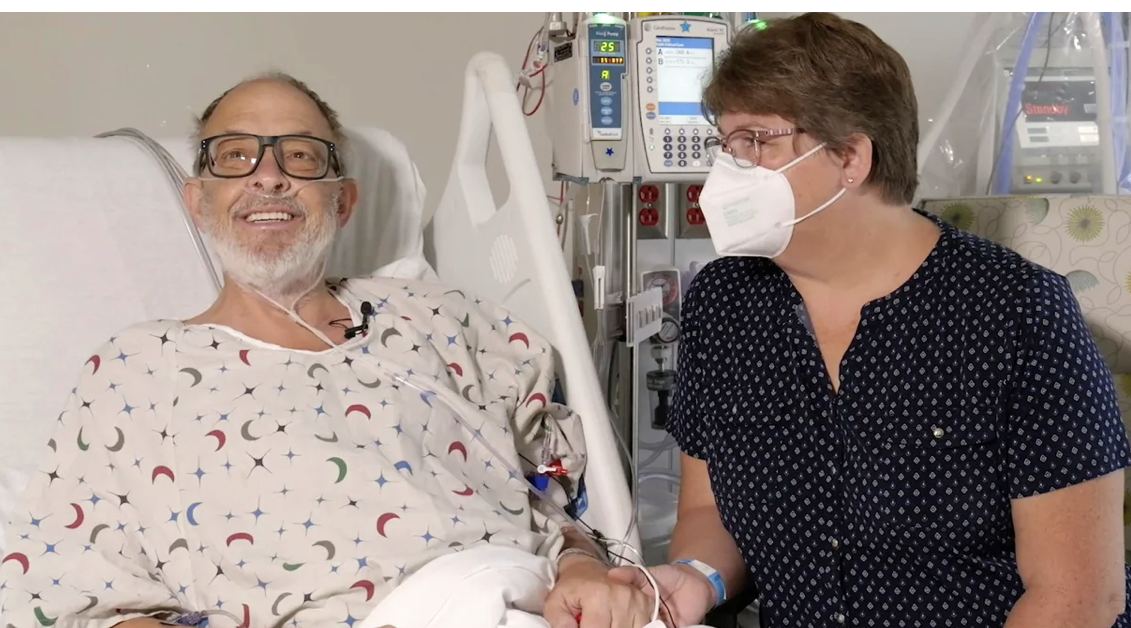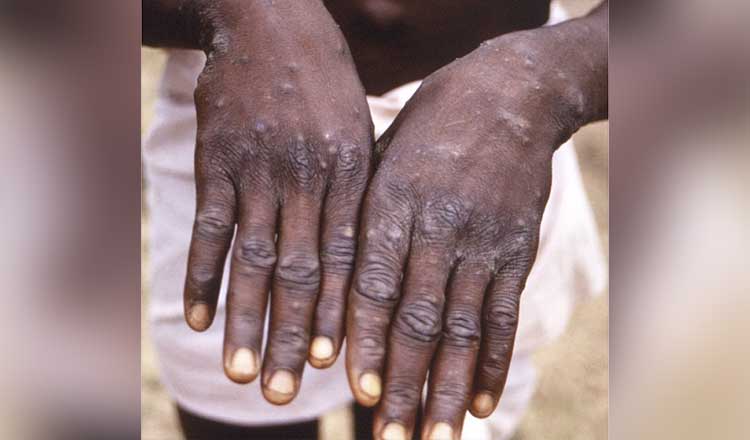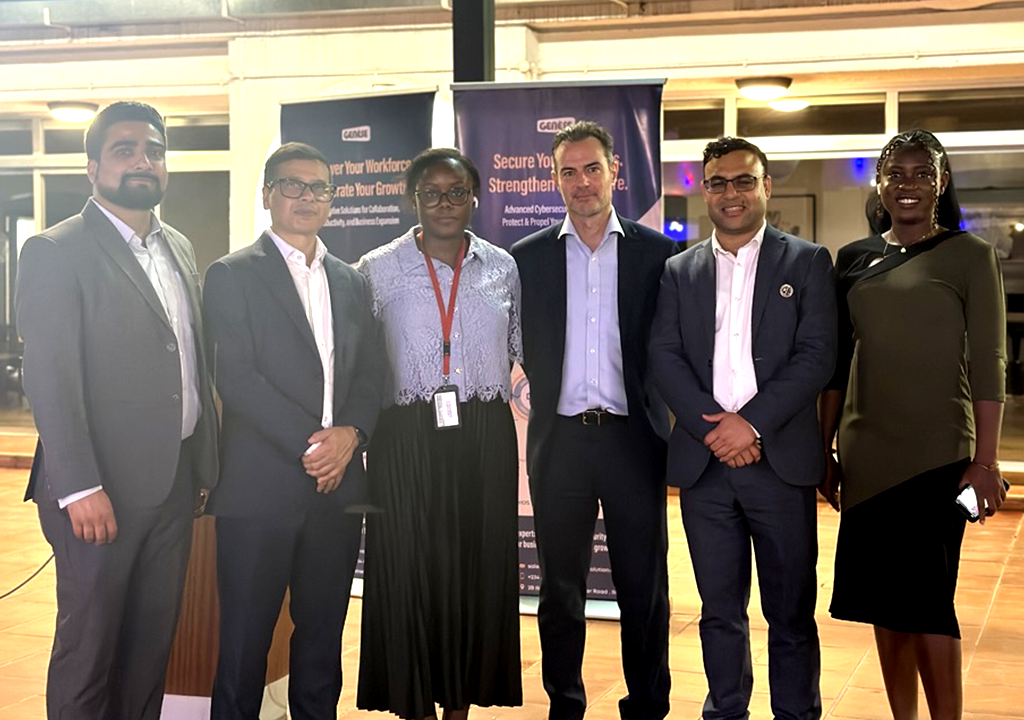Historic Second Pig Heart Transplant Successfully Performed at University of Maryland Medical Center

September 20, 2023 – In a groundbreaking medical achievement, the University of Maryland Medical Center (UMMC) has announced the successful transplantation of a pig heart into a living human recipient for the second time in history. This extraordinary surgical feat was accomplished by the same transplant team that conducted the pioneering experimental surgery in 2022.
The recipient of this groundbreaking procedure, 58-year-old Lawrence Faucette, is now breathing on his own, and his new pig heart is functioning efficiently without any reliance on supportive devices. Mr. Faucette had been suffering from end-stage heart disease and faced complications like peripheral vascular disease and internal bleeding, rendering him ineligible for a traditional heart transplant. He was admitted to UMMC on September 14, experiencing severe symptoms of heart failure.
Desperate for a lifeline, Faucette willingly chose to undergo this experimental xenotransplant surgery. The procedure was authorized under the US Food and Drug Administration’s “compassionate use” program, which allows patients with life-threatening conditions to access investigational medical products when no viable alternatives are available.
The pig heart used in the surgery was sourced from a genetically modified pig developed by Revivcor, a subsidiary of the United Therapeutics Corporation. This pig had undergone extensive genetic modifications, including the inactivation of three genes to eliminate the alpha-gal sugar present in the pig’s blood cells, a substance known to provoke severe immune reactions in humans and cause organ rejection. Furthermore, six human genes were introduced into the pig’s genome to enhance compatibility with the recipient’s immune system. The FDA had previously approved the use of these gene-edited pigs in 2020 for potential therapeutic applications and consumption.
To prevent organ rejection, doctors are also administering an experimental antibody treatment to Faucette while closely monitoring him for any signs of rejection or the development of pig-related viruses. The donor pig underwent rigorous screening to ensure the absence of any viruses or pathogens.
Dr. Bartley Griffith, the surgeon who performed the transplant and a professor of surgery at the University of Maryland School of Medicine, expressed gratitude for Faucette’s bravery and commitment to advancing medical knowledge in this field. Faucette provided full consent for the experimental treatment, underwent thorough psychiatric evaluation, and engaged in discussions with a medical ethicist.
Lawrence Faucette, a married father of two from Frederick, Maryland, and a retired 20-year Navy veteran who had previously worked as a lab technician at the National Institutes of Health, is cautiously hopeful. His wife, Ann Faucette, stated, “We have no expectations other than hoping for more time together, which could be as simple as sitting on the front porch and having coffee together.”
It’s important to note that there are currently no ongoing clinical trials utilizing pig organs for transplants in living human recipients. The first experimental surgery of this kind was performed by the University of Maryland on David Bennett in January 2022, but he sadly passed away two months after the procedure due to heart failure resulting from various factors.
According to federal government statistics, over 113,000 individuals are currently on organ transplant waiting lists in the United States, including 3,354 in need of heart transplants. Tragically, 17 people lose their lives each day while awaiting a donor organ, according to Donate Life America. The recent success of this pig heart transplant offers a glimmer of hope for those in need of life-saving organ transplants and represents a significant step forward in the field of medical science.



















Facebook Comments